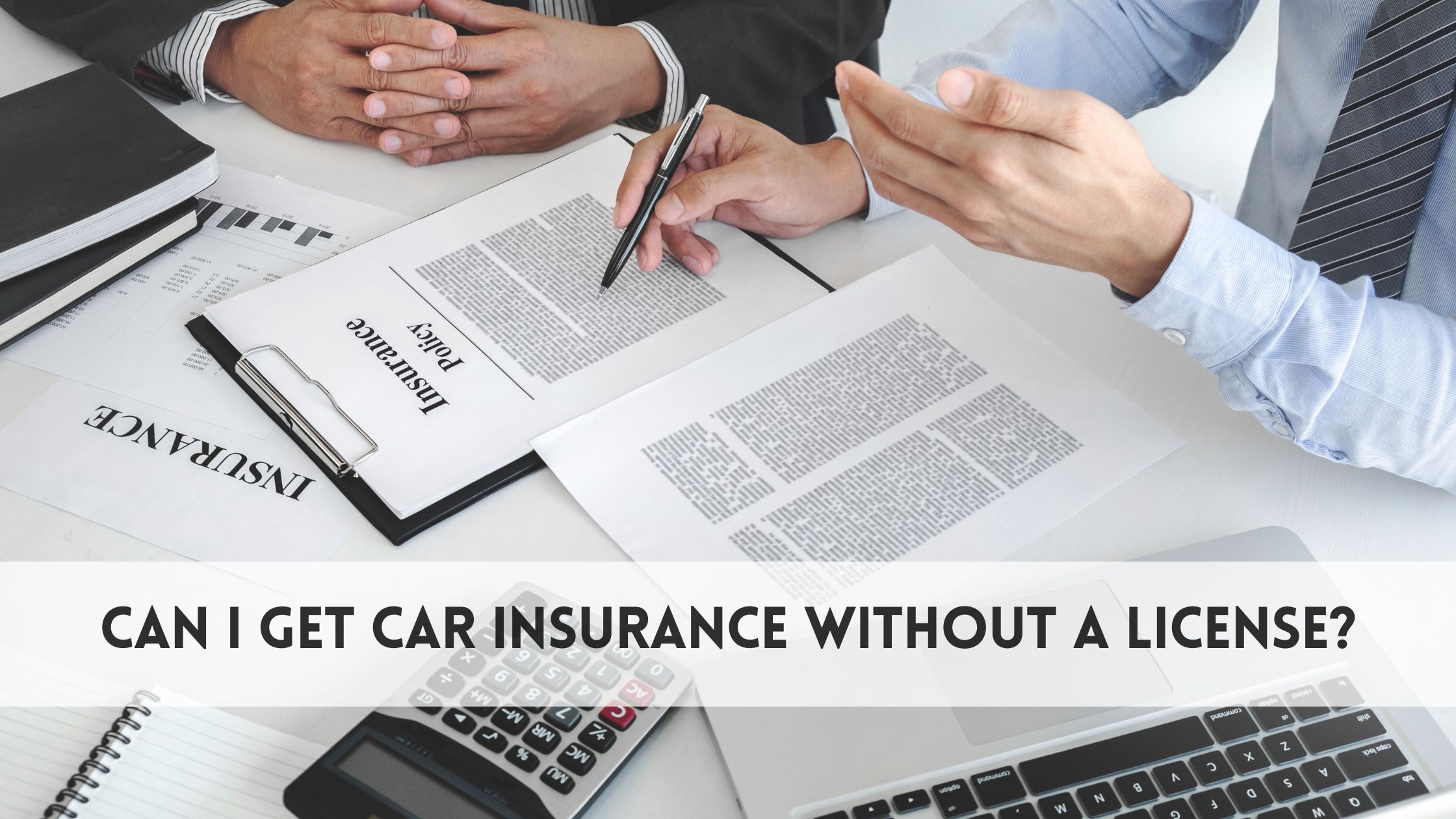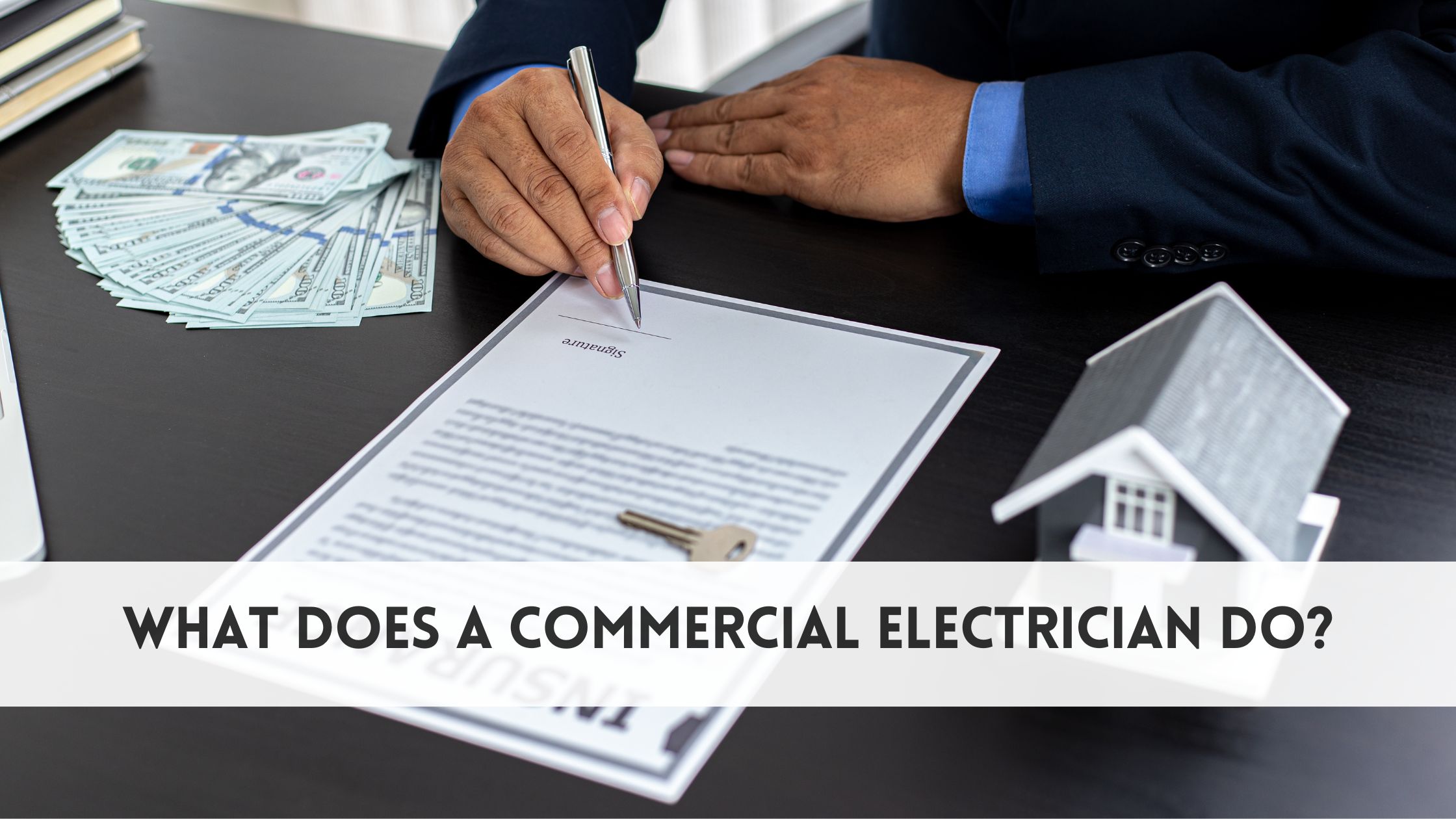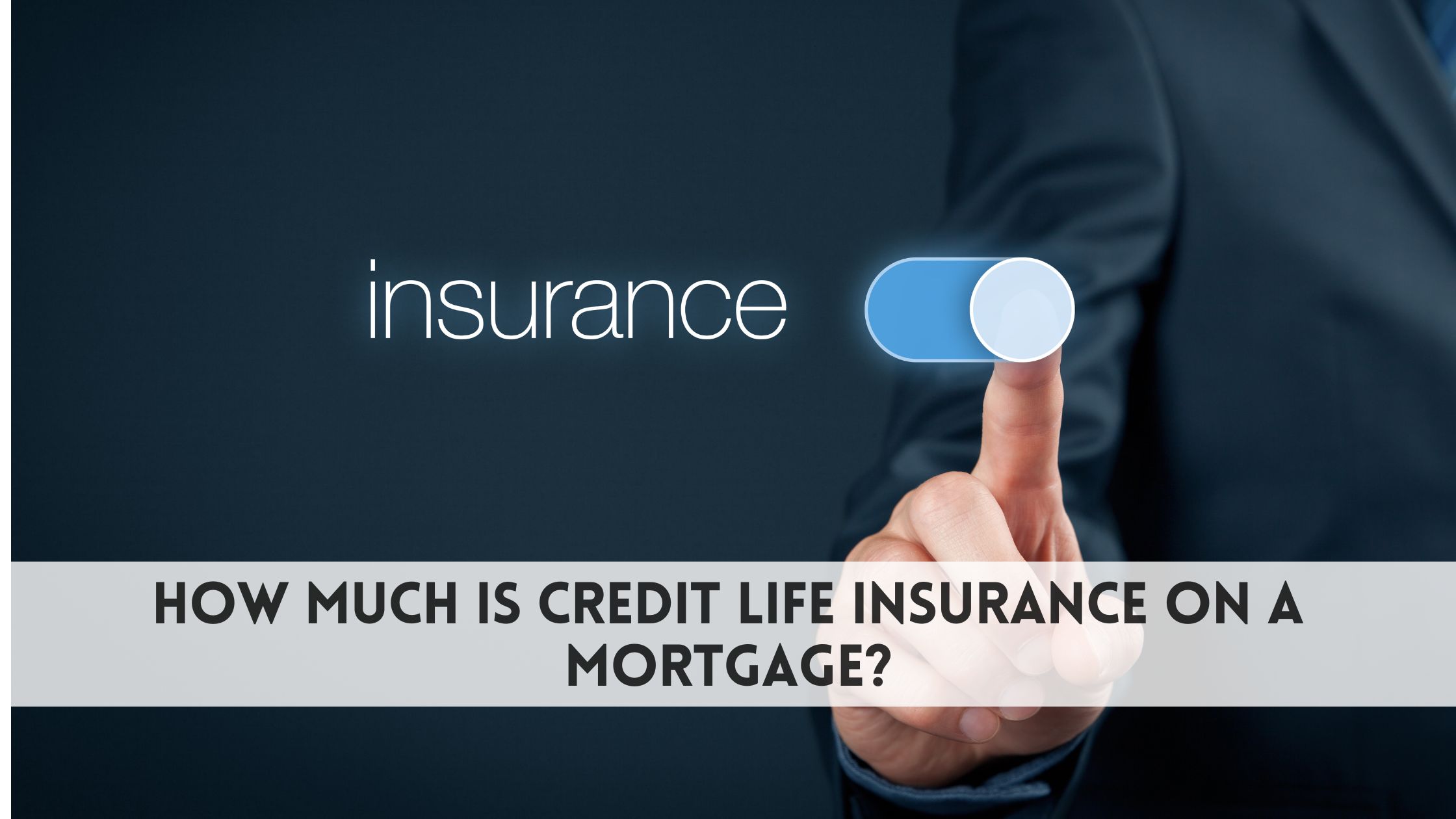What Happens If You Crash a Financed Car With Insurance?
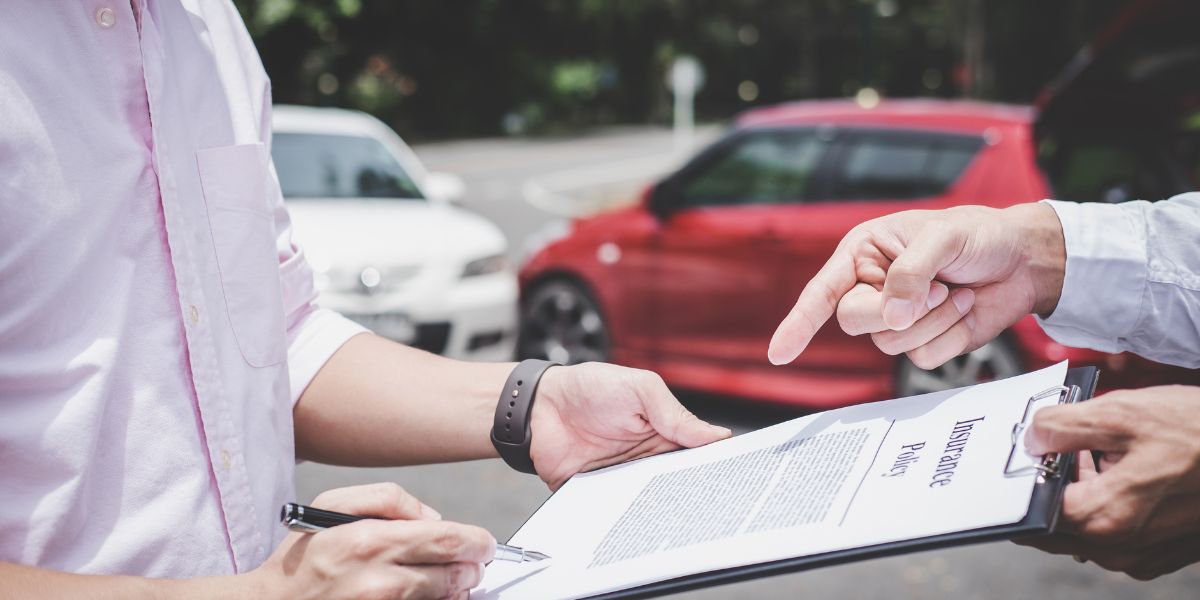
When you finance a car, it not only becomes a means of transportation but also a significant financial commitment. Understanding the implications of an accident when you have a financed vehicle with insurance is crucial for every car owner. Accidents are stressful enough without the added complexities of finance agreements and insurance claims. This article will explore what happens if you crash a financed car with insurance, delving into the steps you need to take immediately after an accident, how insurance claims are handled, and the role of gap insurance.
What Happens If You Crash a Financed Car With Insurance?
If you crash a financed car and you have insurance, the first step is to report the accident to your insurer. The insurance company will evaluate the damage and determine if the car is repairable or a total loss. If repairable, they cover the repair costs minus any deductible. If it’s a total loss, they’ll pay out the current market value of the car. However, if the market value is less than what you owe on your finance agreement, you might be responsible for the difference unless you have gap insurance.
Follow these steps if you crash a financed car:
- Ensure Safety: The first priority after any car accident is ensuring the safety of all involved. Check for injuries and, if necessary, call emergency services immediately.
- Report the Accident: Report the accident to the police. A police report is crucial as it provides an official record of the incident, which will be required for insurance claims.
- Exchange Information: Share insurance and contact information with the other party involved in the accident. Take photographs of the accident scene, vehicle damages, and any relevant road conditions.
- Notify Your Insurance Company: Notify your insurance company about the accident as soon as possible. Provide them with all necessary details and cooperate fully with their investigation.
How Insurance Claims Work with Financed Cars?
When filing a claim for a financed car, your insurance company processes it like any other car claim, but your lienholder (the entity that financed your car) is also involved. Here’s how it typically unfolds:
- Assessment and Repair Authorization: Your insurer assesses the damage and determines if the car should be repaired or declared a total loss.
- Payment to Lienholder: If the car is totaled, your insurance company will pay the actual cash value directly to the lienholder. If there is any excess after paying off the lien, it will be paid to you. If the payment does not cover the outstanding loan amount, you will be responsible for paying the difference, unless you have gap insurance.
Role of Gap Insurance
Gap insurance plays a critical role in financed vehicles. It covers the difference between what your insurance pays out (the car’s current market value) and the amount you still owe on your finance agreement if your car is a total loss. This type of insurance is highly recommended for new cars or where down payments are minimal, as cars depreciate rapidly in the first few years of ownership.
For example, if your car’s ACV is $20,000, but you still owe $25,000 on your loan, gap insurance would cover the $5,000 difference. Without gap insurance, you would be responsible for paying this amount out-of-pocket.
Financial Responsibilities
After an accident in a financed car, several financial responsibilities need to be addressed:
Responsibility for Remaining Car Payments
Even if your car is totaled in an accident, you are still responsible for any remaining payments on your car loan. The insurance payout (and gap insurance, if you have it) will help cover some or all of this amount, but any shortfall would need to be paid by you.
Depreciation and Settlement from Insurance
Cars depreciate in value quickly, which can affect the settlement you receive from your insurance company. The ACV of your car at the time of the accident will likely be less than what you originally paid. This depreciation can result in a financial gap between the insurance payout and the amount you owe on your loan.
Potential Out-of-Pocket Expenses
Depending on your car insurance policy and the extent of your coverage, you may face various out-of-pocket expenses such as:
- Deductibles: The amount you need to pay out-of-pocket before your insurance covers the remaining costs. This amount can vary based on your policy.
- Loan Shortfall: If you don’t have gap insurance, any difference between the car’s ACV and the amount you owe on your loan must be paid by you.
- Additional Repairs: If the repair costs exceed the insurance payout, you may need to cover the excess amount.
Impact on Car Insurance Premiums
An accident can significantly affect your future car insurance premiums:
- Factors Influencing Premium Increases: The severity of the accident, your driving history, and your insurer’s policies all play roles in determining how much more you’ll pay for your premiums after an accident.
- Negotiating with Insurance Providers: It’s often possible to discuss your premium increases with your insurer. Factors like a previously clean driving record or installing safety features in your vehicle can be negotiating points.
- Duration of Accident on Insurance Record: Accidents usually impact your car insurance premiums for three to five years, depending on your insurance company’s policies and state regulations.
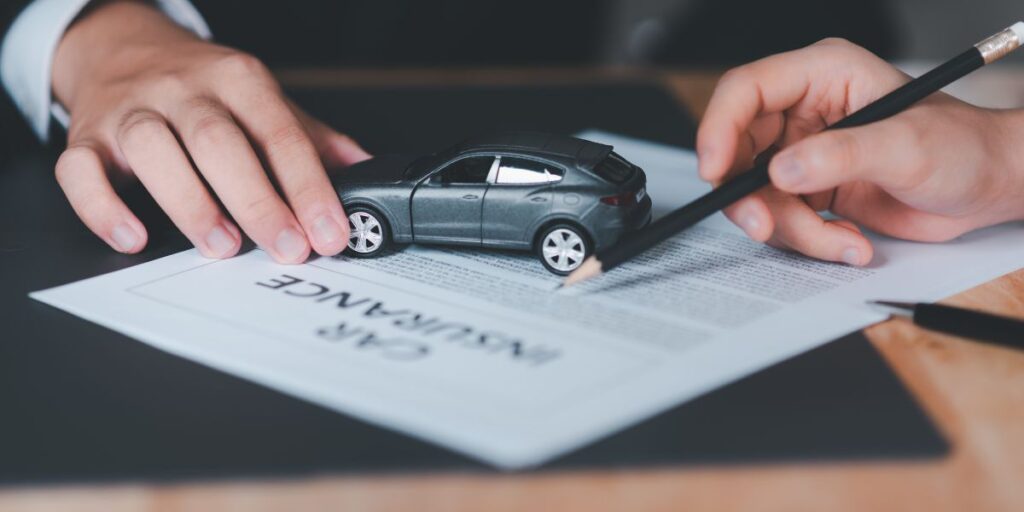
The Bottom Line:
Crashing a financed car can be a stressful and complex situation, but understanding the steps to take and the financial implications can help you navigate the aftermath more effectively. Immediate actions include ensuring safety, reporting the accident, and contacting your insurance company. The role of gap insurance is crucial in covering any financial shortfall between the car’s value and the amount owed on the loan.
Financial responsibilities after the accident include continuing to make car payments and potentially facing out-of-pocket expenses such as deductibles and loan shortfalls. An accident can also impact your insurance premiums, with various factors influencing the extent of the increase. Taking steps to negotiate with your insurance provider and understanding how long the accident will stay on your record can help manage these costs.
By being informed and prepared, you can better handle the challenges that come with crashing a financed car and ensure that you are adequately protected through your insurance policy.
Hull Maynard Hersey Insurance Agency, located in Rutland City, Vermont, offers comprehensive car insurance to protect you on the road. Our dedicated team ensures you get the best coverage tailored to your needs. Contact us today to secure your peace of mind and drive with confidence.

